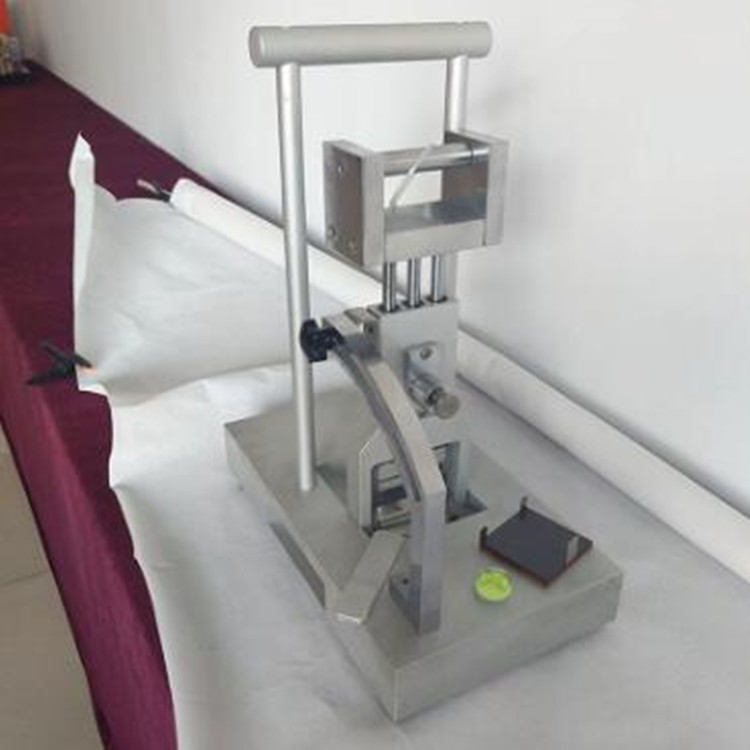MARK-II anti-slip testing machine
MARK-II Anti-Slip Testing Machine: Ensuring Floor Safety Compliance
The MARK-II anti-slip testing machine is a specialized device designed to measure the slip resistance of floors, footwear soles, and materials under simulated walking conditions. It helps prevent slips and falls by evaluating friction coefficients according to international standards, critical for industries prioritizing workplace safety.
Applicable Standards
The machine complies with key global standards:
- ASTM E303 (USA): Pendulum test method for floor slip resistance.
- ISO 13287 (EU): Horizontal pull tester for footwear grip.
- DIN 51130 (Germany): Ramp testing for floor surfaces.
| Standard | Test Method | Key Metric |
|---|---|---|
| ASTM E303 | Pendulum friction | Static/Dynamic Coefficient of Friction (COF) |
| ISO 13287 | Horizontal pull | Slip resistance index (SRI) |
| DIN 51130 | Inclined plane | Slip angle (degrees) |

Main Parameters
- Friction Range: 0.01–1.5 COF (pendulum), 0–100 SRI (pull).
- Test Speed: Adjustable up to 1 m/s (pendulum), 150 mm/min (pull).
- Load Capacity: 50–100 kg (simulates body weight).
- Accuracy: ±1% of reading.
Working Principle
The MARK-II uses two primary methods:
- Pendulum Test: A weighted arm swings over the surface, measuring energy loss due to friction.
- Horizontal Pull: A sample is pulled across a contaminated surface, recording peak force required to initiate slip.
Test Principle
- Surface Preparation: Apply contaminant (e.g., oil, water) to simulate real-world conditions.
- Data Collection: Sensors measure friction forces; software calculates COF/SRI.
- Pass/Fail Criteria: Results are compared to standard thresholds (e.g., COF ≥0.5 for level floors).
This machine is vital for manufacturers, construction firms, and safety labs to validate materials and comply with regulations, reducing accident risks in high-traffic areas.

